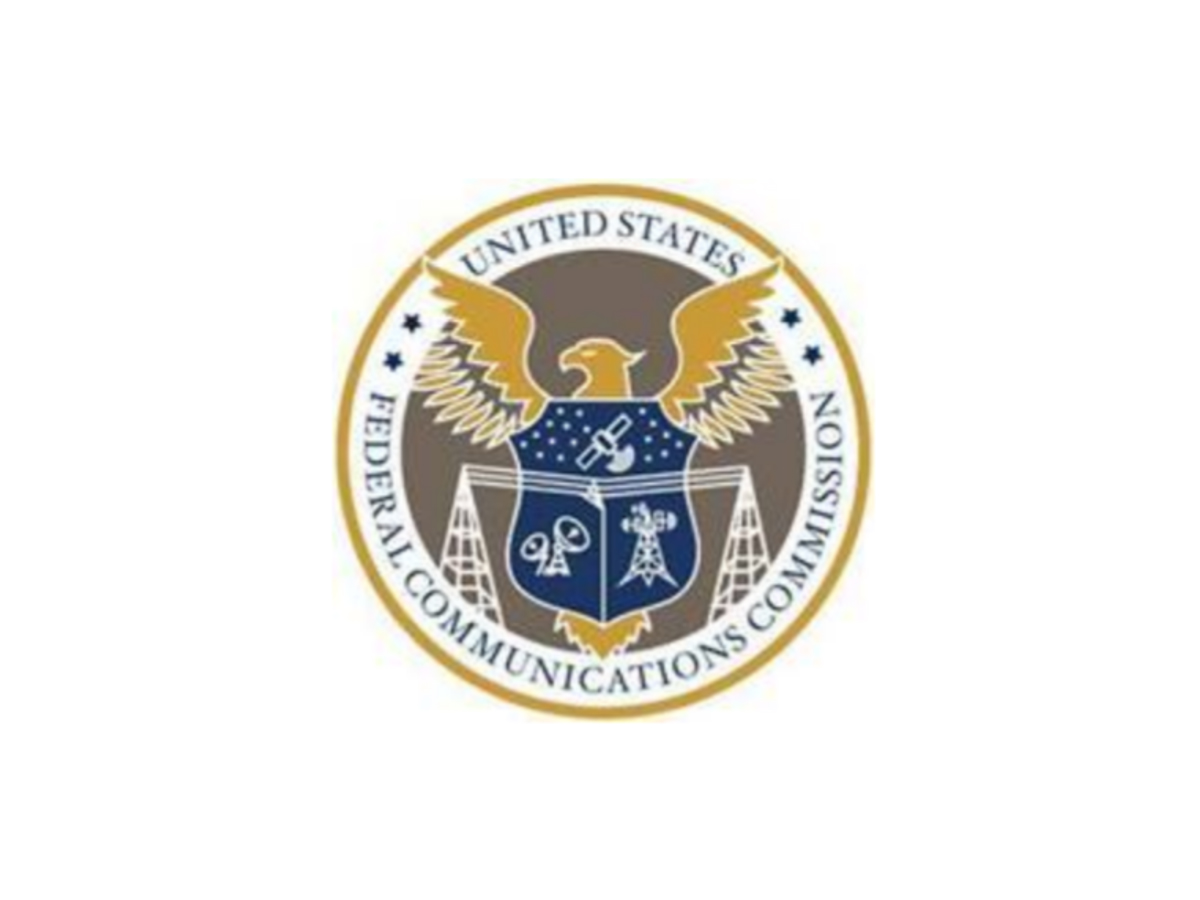FCC Votes to Approve 2020 Regulatory Fee Increases
Moves to population-based calculation for TVs

The smarter way to stay on top of the multichannel video marketplace. Sign up below.
You are now subscribed
Your newsletter sign-up was successful
The FCC has adopted its 2020 regulatory fee framework, declining cable ops' request that it start charging DBS providers the same fee as cable and declining broadcasters' request that the FCC not raise fees due to COVID-19's impact on the industry and that it decrease the fee for radio.
Related: Cable Says Flash Cut to Full DBS Fee
The commission also decided to complete the transition from basing broadcast regulatory fees on Nielsen DMA to population reached by a station.
The FCC supports itself through its regulatory fees and had proposed increases for broadcasters and others.
The commission voted May 13 to propose collecting $339 million in regulatory fees for 2020. That includes the fee increase for broadcasters and continuing to increase the fee DBS operators pay to get it closer to that paid by cable MVPDs. The FCC voted this week to approve that proposal.
The FCC increased the DBS fee to 72 cents per sub and cable to 89 cents. The FCC used to charge DBS per satellite license, but decided in FY2015 to switch to the per-sub fee cable and IPTV pay, starting at 12 cents and ramping it up to, eventually, match those other MVPDS.
Cable operators--NCTA and ACAC--wanted the FCC to go ahead and charge DBS the same rate as cable/IPTV rather than continue the glide path to parity, as it were. "It is reasonable, based on the record, to continue to phase in this fee," the report and order said. But the FCC also rejected AT&T and and Dish's arguments that the fee should not ramp up any further. "We do not agree with the DBS providers’ argument that MVPD issues are predominantly cable specific and that we should not continue to move closer to parity," it said.
The FCC began moving to a population-based fee for full power broadcast TV in 2019, using a hybrid model. It has now moved to a full population-based calculation, which will be population times .78 of one cent.
"We recognize that the adoption of the population-based methodology increases fees for some licensees and reduces fees for others but in the end the population-based metric better conforms with the actual service authorized here—broadcasting television to the American people," the FCC said. The TV station fees range from a few hundred dollars for the smallest markets to six figures for New York.
“ACA Connects is pleased that the FCC continued its phase-in of the regulatory fee assessed on Direct Broadcast Satellite (DBS) providers to support the work of the Media Bureau," said ACA Connects President Matt Polka. "For Fiscal Year 2020, the gap between regulatory fees paid by cable/IPTV providers and the lower fees assessed on DBS providers narrowed by nine cents per subscriber.
“That said, next year the FCC must eliminate this long-inexplicable disparity between cable/IPTV and DBS regulatory fees once and for all. Cable/IPTV and DBS providers are all MVPDs that equally utilize Media Bureau resources and therefore should be assessed the same regulatory fee for Media Bureau activities."
“NAB believes strongly that the Commission’s methodology for calculating regulatory fees is deeply flawed and would not survive judicial review," said NAB SVP of communications Ann Marie Cumming. "However, we very much appreciate Chairman Pai and his staff correcting certain errors in the proposal’s original calculations to result in reduced fees for many radio broadcasters. NAB urges the Commission to convene stakeholders to take a closer look at its approach to regulatory fees to ensure they are fairly and equitably applied for all entities that utilize Commission resources.”
The smarter way to stay on top of the multichannel video marketplace. Sign up below.
Contributing editor John Eggerton has been an editor and/or writer on media regulation, legislation and policy for over four decades, including covering the FCC, FTC, Congress, the major media trade associations, and the federal courts. In addition to Multichannel News and Broadcasting + Cable, his work has appeared in Radio World, TV Technology, TV Fax, This Week in Consumer Electronics, Variety and the Encyclopedia Britannica.

